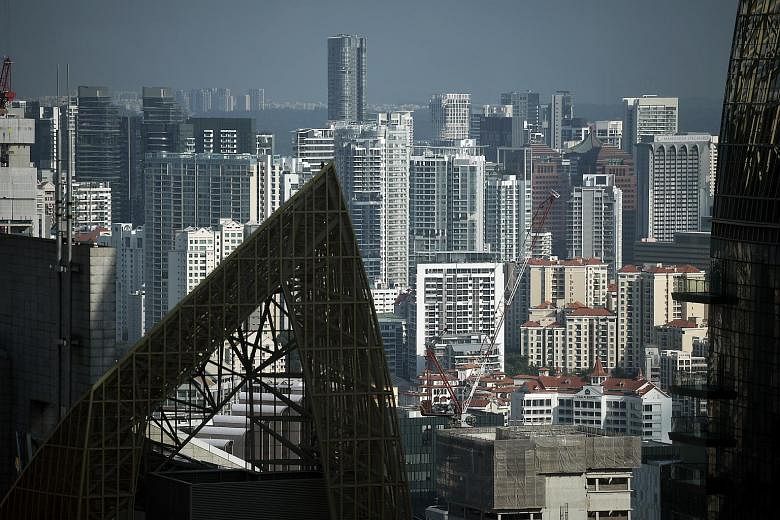For the 10th year running, Singapore placed fifth out of 44 cities - and second in Asia behind Tokyo - in the Global Power City Index released on Thursday.
The index, which has been published since 2008, ranks major cities around the world by their level of "magnetism" across six categories - economy, research and development, cultural interaction, livability, environment and accessibility - which are scored using 70 measures, from cost of living to water quality.
Professor Emeritus Hiroo Ishikawa of Meiji University, in noting that Asian cities are making strides across different areas, said Tokyo's position as the top Asian city was shaky.
"Although Tokyo still leads among Asian cities, it has yet to establish a large margin (like New York has in North America)," said Prof Ishikawa, who is also executive director of the Mori Memorial Foundation think-tank, which published the report.
"There are cities that are making strengths in areas in which Tokyo has been weak in."
He noted that Singapore, for example, is attractive for its low corporate tax rate of 17 per cent, compared with Tokyo's 29.7 per cent. Singapore, too, has a more conducive environment for start-ups and is way ahead of Tokyo in ICT (information and communications technology) readiness.
The top five in this year's league table, which was peer reviewed by Professor Heng Chye Kiang of the National University of Singapore's School of Design and Environment, remains unchanged: London, New York, Tokyo, Paris and Singapore. Amsterdam and Seoul swapped places to rank sixth and seventh respectively, while Berlin, Hong Kong and Sydney rounded up the top 10.
The report has been referred to by the Japanese government to plan strategy, as well as internationally by organisations such as the World Economic Forum.
Singapore's strengths, the report said, were its market attractiveness, trend-setting potential and opportunities for international interaction. Singapore came in tops in employee life satisfaction, and boasted the lowest political, economic and business risk, best academic performance in maths and science, and the most international conferences.
It also did well in inbound tourism (third), ICT-readiness (third), public transportation coverage and punctuality (fourth), and start-up environment (fourth in the world and top in Asia).
It did not do as well in total working hours (25th), with Tokyo leapfrogging over it, from 34th to 22nd place, thanks to work-style reform laws passed by Japan this year. Singapore also fared poorly in social freedom and equality (31st), and cost of living (40th).

